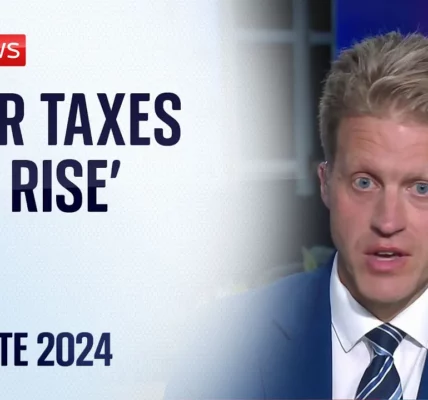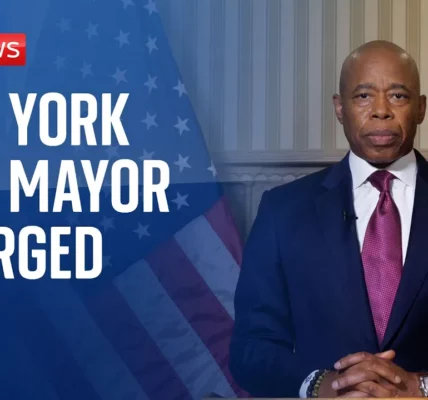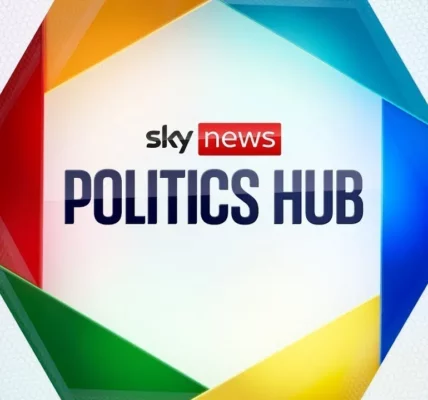NATO Summit: Keir Starmer’s Defense Spending Proposal and Political Dynamics

Welcome to an in-depth exploration of the current political landscape as the new Prime Minister, Keir Starmer, heads to the NATO Summit in Washington. This article discusses the key headlines, political implications, and the evolving relationship between the UK and its European allies.
Introduction
The NATO Summit in Washington marks a pivotal moment for the UK and its allies as new Prime Minister Keir Starmer steps into the international arena. With calls for increased defense spending and discussions surrounding the UK’s position in global affairs, this summit could shape the future of UK defense policy and its relationships with NATO partners. The headlines reveal a complex tapestry of political maneuvering, public sentiment, and strategic considerations that warrant a closer examination.
Key Headlines from the Press
The media’s portrayal of the NATO Summit and Starmer’s initiatives reflects broader concerns about defense spending and international relations. Here are some of the leading stories:
- The Guardian: Highlights Starmer’s call for NATO to increase defense spending, advocating for a commitment of 2.5% from the UK and its European allies.
- The Telegraph: Reports on Starmer’s plans for a domestic defense spending review, indicating potential shifts in military funding.
- The Times: Raises concerns that Starmer’s approach could be risky, with military leaders expressing skepticism.
- Daily Mail: Covers the tragic story of a drunk driver, emphasizing public safety and the need for stricter regulations.
- Financial Times: Discusses the implications of Dyson’s job cuts on the new Labour government, highlighting economic challenges ahead.
Starmer’s Defense Spending Proposal
As the NATO Summit unfolds, Starmer’s proposal for increasing defense spending is at the forefront of discussions. His commitment to a 2.5% spending target has garnered attention but also criticism for its vagueness.
Political Implications
Starmer’s defense strategy comes at a time when military experts warn against complacency. The following points outline the political stakes:
- Military leaders are concerned about the implications of delayed funding commitments.
- Starmer must navigate a delicate balance between domestic pressures and international obligations.
- Past defense reviews have been criticized for failing to adequately address emerging threats.
The NATO Relationship: A Historical Context
The NATO alliance has served as a cornerstone for UK defense policy since its inception in 1949. Understanding this relationship is crucial in the current political climate.
Historical Significance
NATO’s formation was a response to the geopolitical landscape following World War II, aimed at countering the Soviet threat. Key points include:
- NATO’s success in maintaining peace during the Cold War.
- The evolution of NATO’s role in contemporary conflicts, including in Ukraine.
- The ongoing debate over member nations’ defense spending commitments.
Impact on US-UK Relations
The upcoming interactions between Starmer and US President Joe Biden are set to influence not only defense spending but also broader diplomatic relations.
Expectations from the Biden Administration
Biden’s leadership is critical in shaping NATO’s future direction. The following factors will be pivotal:
- Expectations for increased military support from European allies.
- Biden’s need to project strength in the face of international scrutiny.
- The impact of American domestic politics on foreign policy decisions.
Conclusion
As the NATO Summit progresses, the implications of Starmer’s defense spending proposal and the responses from global leaders will be closely monitored. This summit is not only a test for Starmer’s leadership but also a critical juncture for UK and NATO relations. Engaging with these developments is essential for understanding the future of security and defense policy in the UK.
For more insights into current political dynamics and defense strategies, check out our related articles on UK Defense Policy and International Relations in a Changing World.
“`




